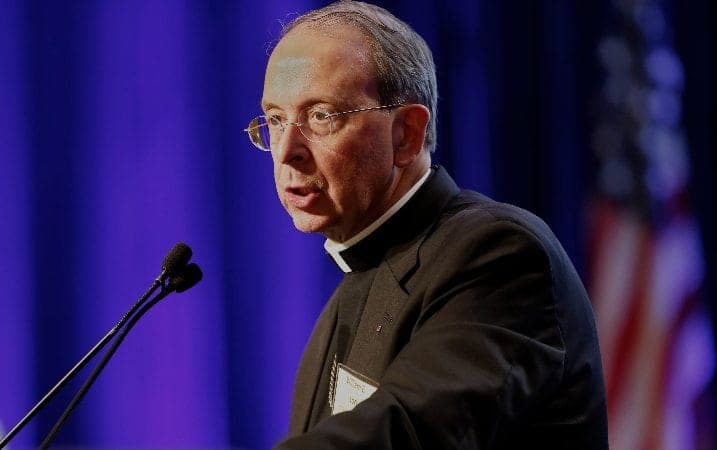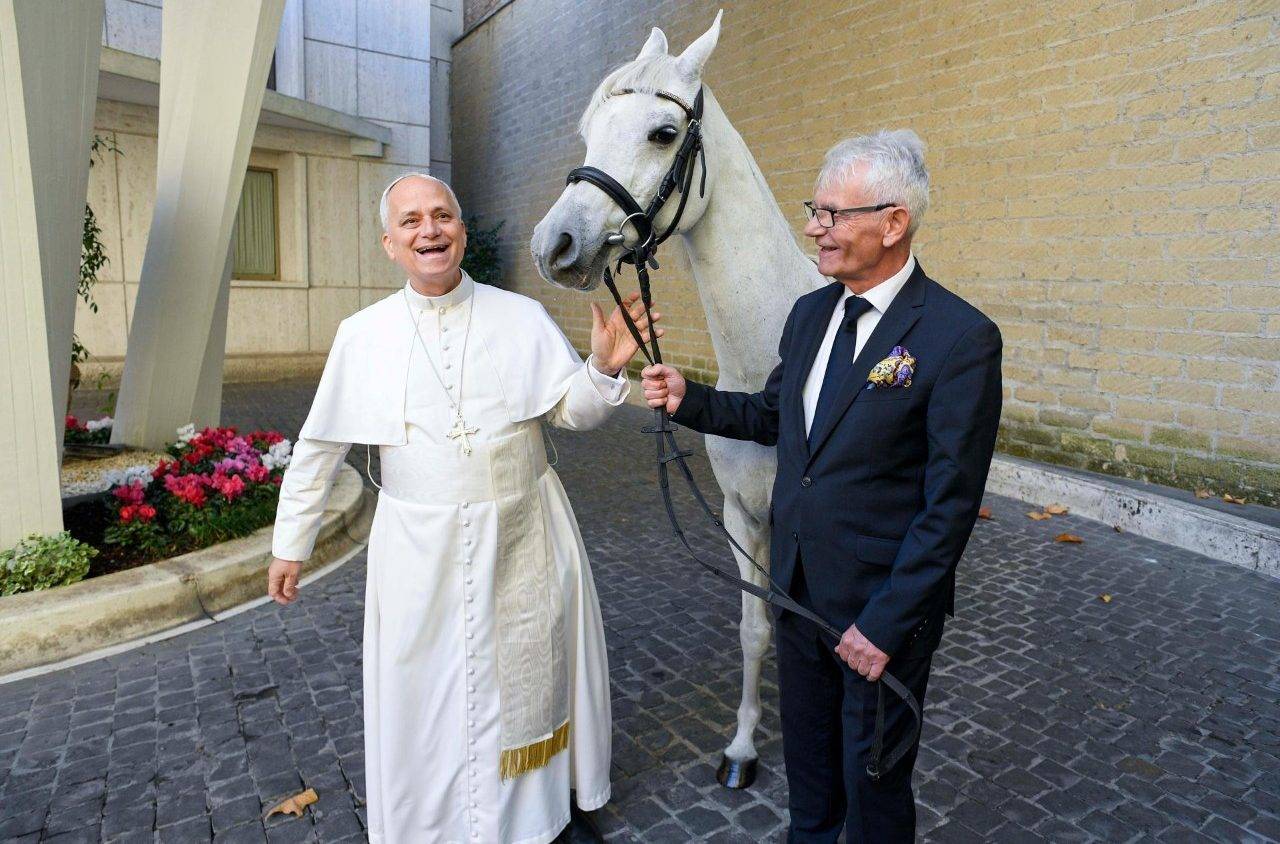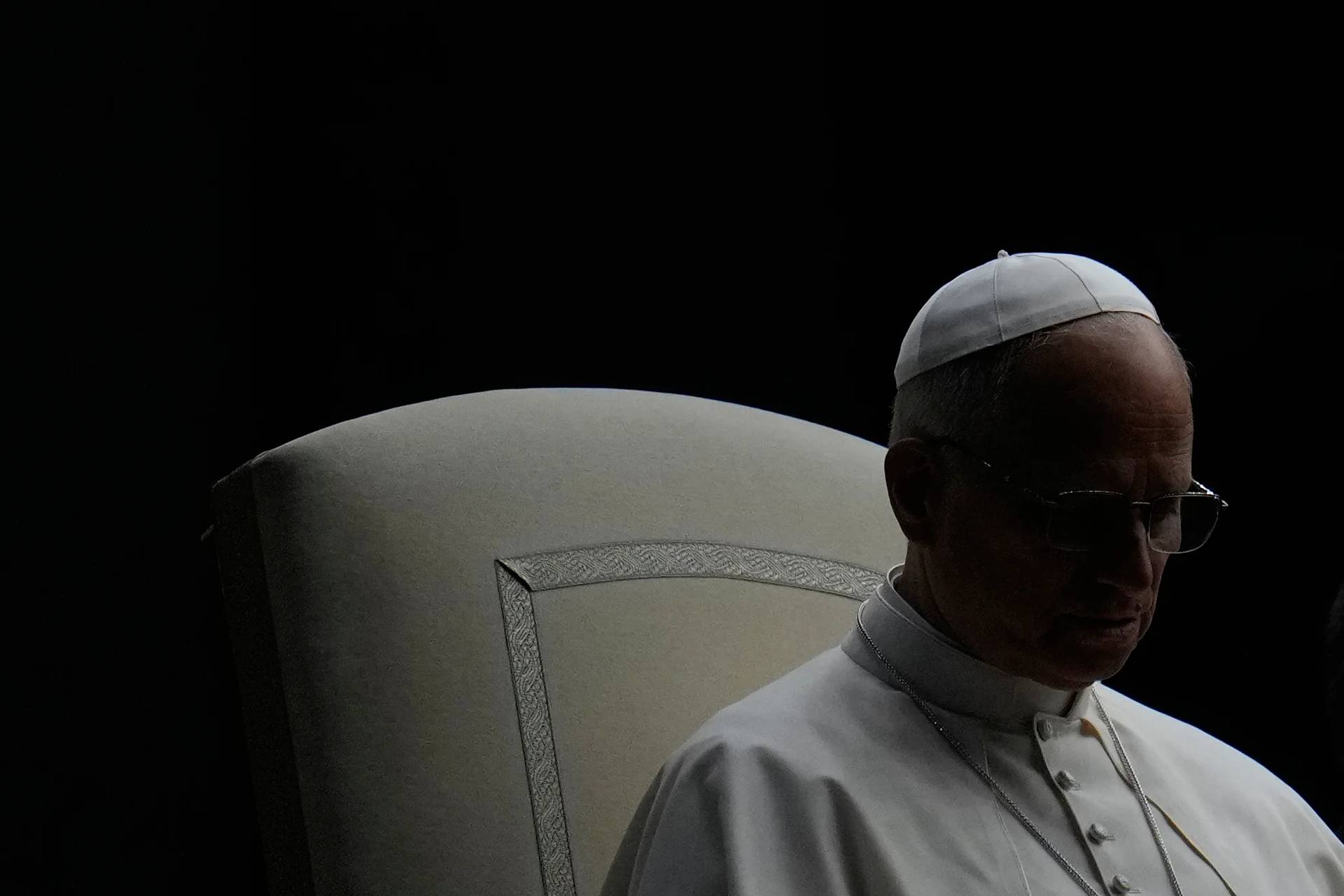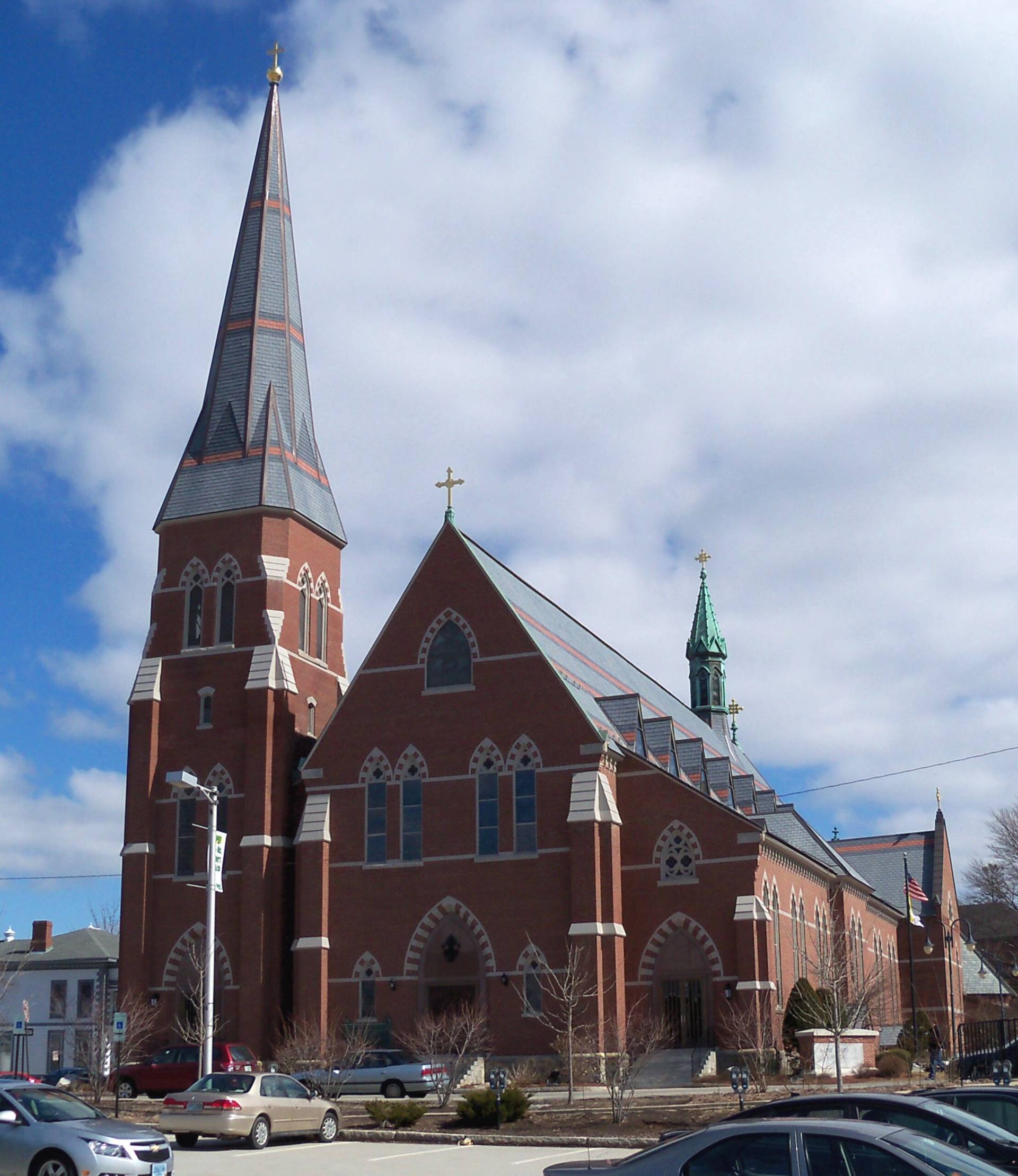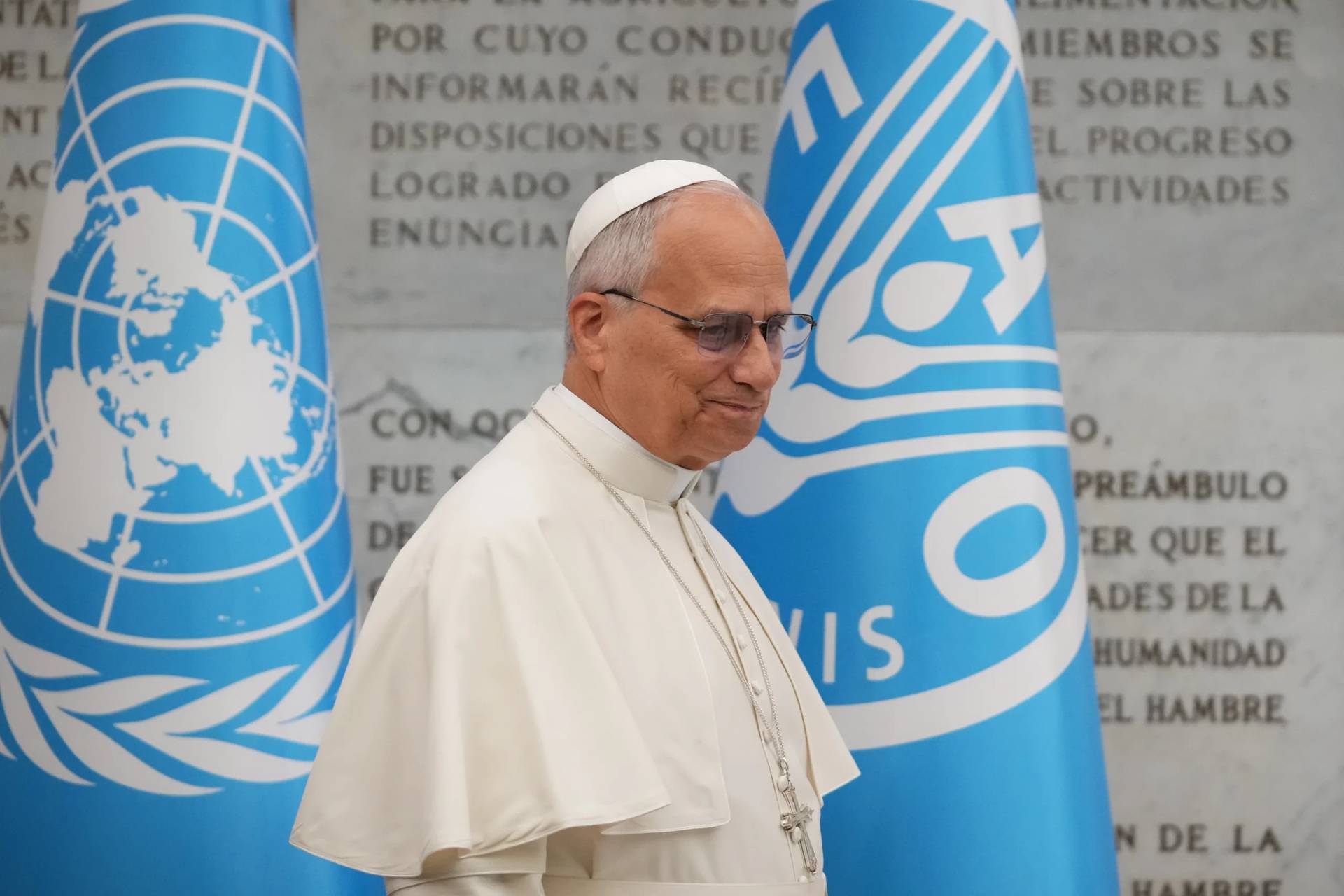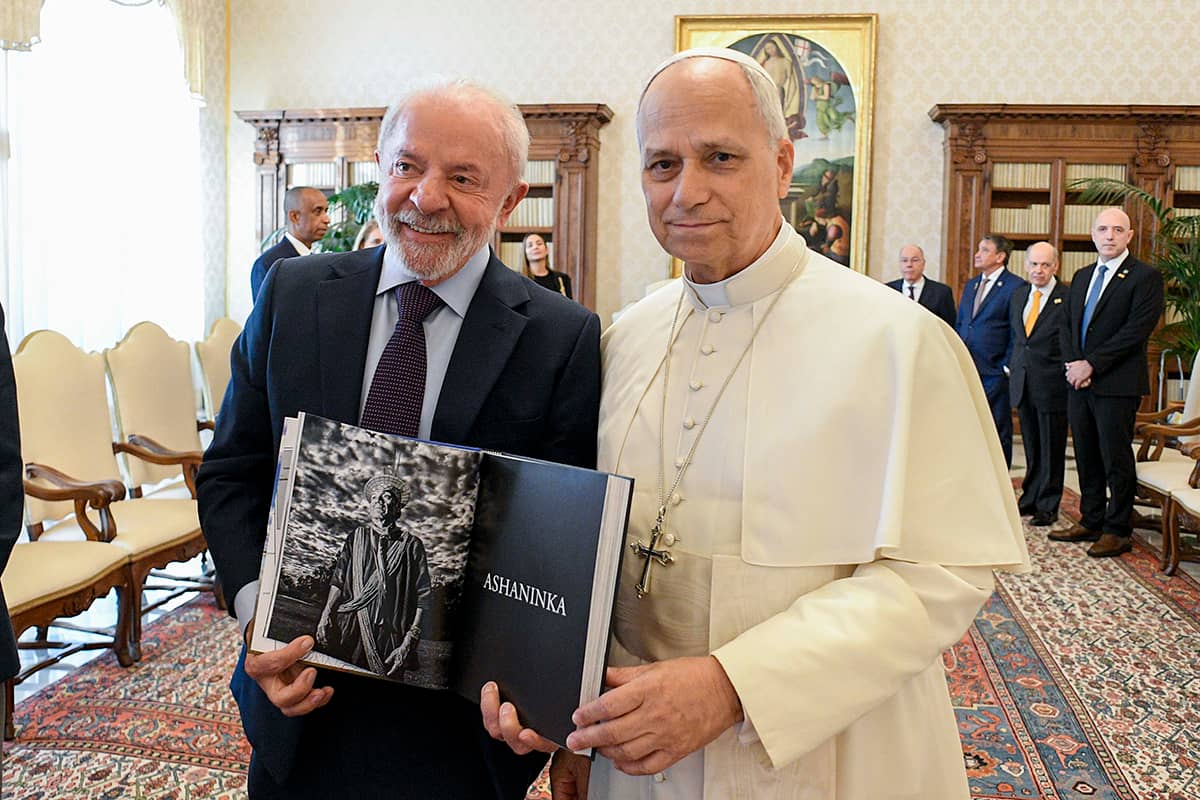ROME — A group of Christian, Jewish, and Muslim leaders from Baltimore, led by Archbishop William E. Lori in Rome this week, have received a blessing from Pope Francis for their efforts to address issues such as poverty, housing, and education in the wake of the death of Freddie Gray.
The March 1-3 trip was part of a wider effort to heal wounds of divisions in Baltimore. Gray was a 25-year-old black man who suffered a fatal neck injury while being transported in a police van last April. He died a week later, setting off protests and rioting.
Although they said there’s a long tradition of religious cooperation in the city, the Baltimore religious leaders also said Gray’s death forced them to redouble their efforts to work together as faith communities.
The group in Rome this week took a moment to talk to Crux after their short visit with Pope Francis, who greeted them at the end of his weekly audience.
Responding to a question about Republican Presidential candidate Donald Trump, who’s built his platform in part on an anti-immigration message, Lori said that the whole premise upon which this delegation is built is building bridges.
“If we hope to bring healing to a city like Baltimore, it has to be on the basis of building bridges, and it has to be on the basis of welcoming the neighbor, the stranger, the poor, and welcoming the vulnerable,” Lori said.
A second aspect needed, he said, is a genuine respect for diversity – “not simply lip service” – which proceeds, he said, from people talking to each other and serving each other.
“There are many people in Baltimore doing wonderful things, but doing it in a kind of a silo way,” Lori told Crux. “Our premise is to say, ‘We’re going to do this a lot better together than if we do it apart’.”
Baltimore Auxiliary Bishop Denis Madden, who was part of the delegation that came to Rome, also responded to the question, saying that even those in need of material help have richness of character and talents, and that outreach programs shouldn’t be about giving donations but about helping those talents flourish.
“[Those talents] are there, they are present,” Madden said. “We shouldn’t let certain political figures paint a picture that is not quite true of the reality of our country,” meaning looking down on the poor, immigrants, and the marginalized.
Rev. Frank M. Reid III, senior pastor of Bethel A.M.E. Church, addressed the issue of the challenges political candidates such as Trump present, saying that the “politics of anger and hopelessness that are particularly evident on the Republican side focuses on the fact that the entire nation needs hope.”
It is this need of hope, he said, which has turned the United States’ presidential candidates “into comedians.”
“Whether they are young, underserved African American males and females, or whether they are older, white, working class persons who are barely getting by, there’s a sense of hopelessness,” he said.
“Instead of the anger and hopelessness being a reason for us to back off,” Reid said, it’s “a reason for us to push back even more.”
Reid said that he wanted to come to Rome to receive the pope’s blessing and his request that they pray for him because he’s become a global figure capable of inspiring hope, something he believes the group does, too.
“The idea that we, leaders of different religions, work together to fix particular problems gives hope, and we can move from there,” he said.
Rev. Donald Sterling of New All Saints Catholic Church built on that, adding that Francis has “taken us a step beyond hope and gave us a formula: mercy, caring for one another, loving one another, responding appropriately.”
Speaking about the local Baltimore situation, the leaders seemed to agree on the fact that a crisis in the family, visible in the fact that 15 years ago families had dinner together five to seven times a week, while in the present the average is two to three, has a role in the social uprising, together with a growing inability of people from different backgrounds to build solid relationships.
“There’s a crisis in the culture that has caused the crisis in families, and now broken families are creating, especially in this country, angry, hopeless, narcissistic and violent people,” said Rev. Alvin C. Hathaway Sr. of Union Baptist Church.
